Homer's People: Epic Poetry and Social Formation
This book examines the role and character of Homer's people, laoi, in Homeric story-telling, arguing that Homeric poetry is crucially concerned with the people as a basis for communal life. Both The Iliad and The Odyssey are read as sustained meditations on the processes involved in protecting and destroying the people. The investigation draws on a wide range of approaches from formulaic analysis to the study of early performance contexts. From a close reading of the Homeric epics, Homer's people emerge as a community without effective social structures. When this is viewed from the perspective of Homeric performances in the polis, a contrast between Homer's laoi and the founding people of ritual emerges. While the former typically perish, the survival of the latter is secured by the establishment of successful institutions.
{{comment.content}}
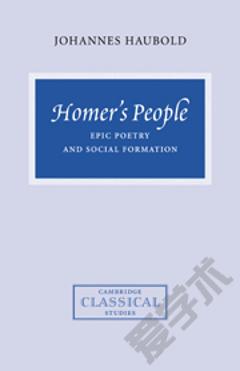
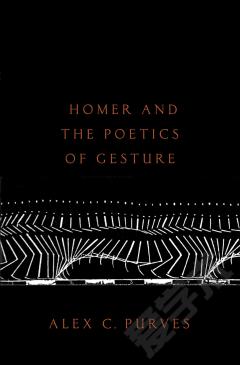

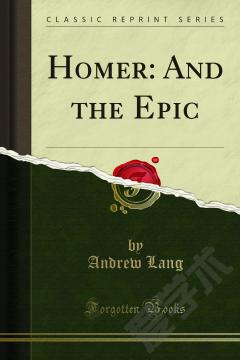
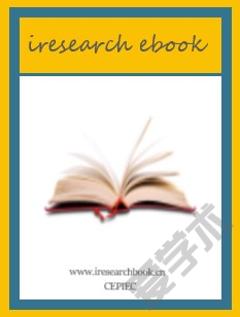
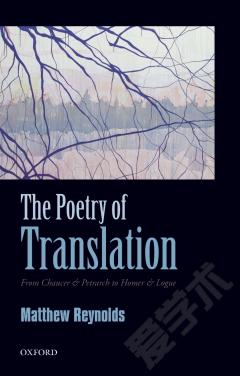
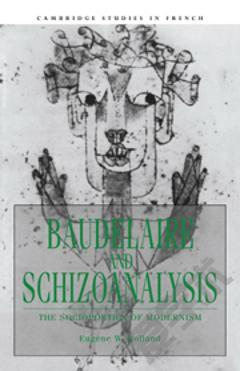

 京公网安备 11010802027623号
京公网安备 11010802027623号